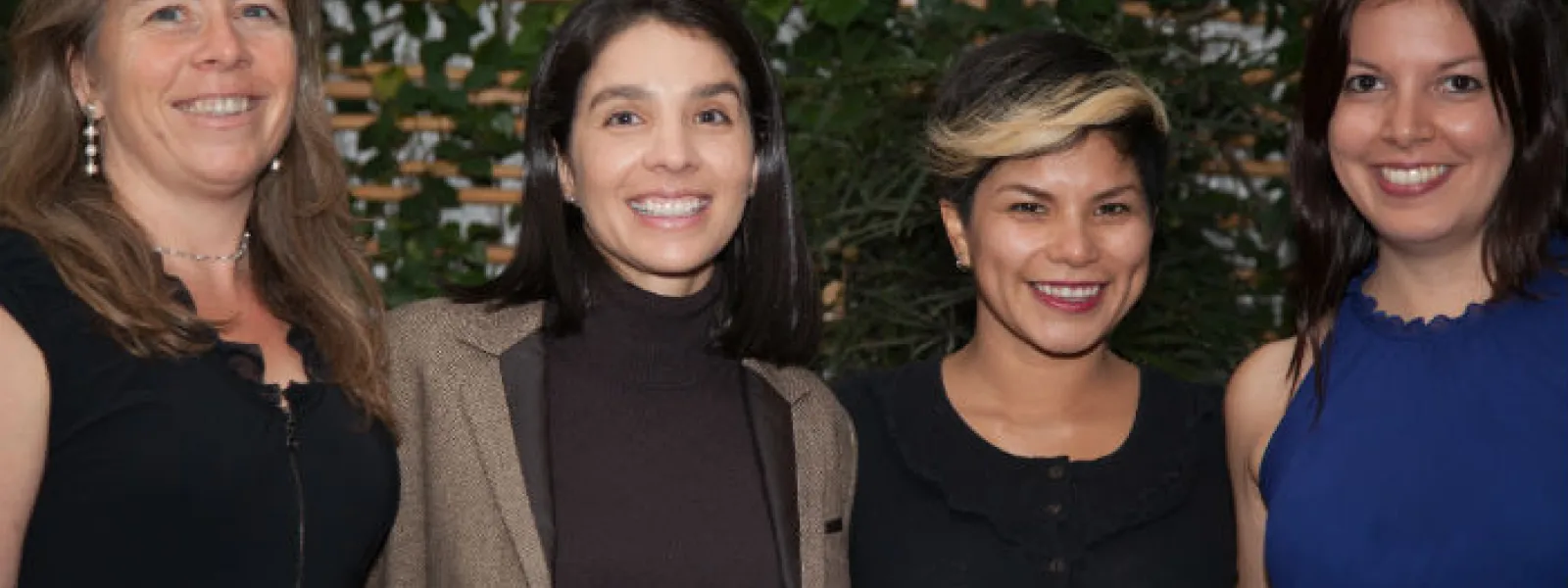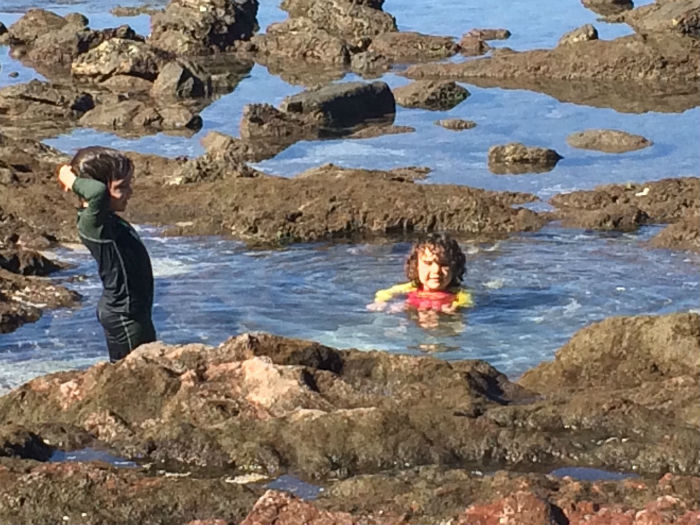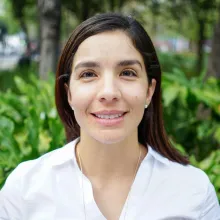
“My Mom Is the Best Lawyer in the World”
Credit: Wayne Salazar“My mom is the best lawyer in the world because she defends the turtles, the corals, the salted forests they have in the sea, and alllll the fish.”
As I listened to my 4-year-old daughter, Daniela, say this to an auditorium full of parents, boy and girls, my eyes filled with tears and my heart filled with love and happiness. Listening to my little girl brag about what her mother does renewed my strength and enables me to continue working passionately.
Daniela summed up quite well my work on AIDA’s team of attorneys in the Marine and Coastal Protection Program. My colleagues and I focus on three key areas: coral reefs, mangroves and fisheries. We use national and international standards to support marine ecosystems and the people who depend upon them.
Coral Reefs
We know that by protecting coral reefs, we’re preserving natural barriers that protect coastal communities from storms and hurricanes—which are growing ever stronger due to climate change. We’re also conscious that the many varieties of fish we enjoy on our dinner table exist only because of the important breeding grounds that corals provide.
Mangroves
Mangroves, or “salted forests” as my daughter calls them, are swampy forests that exist in lakes, rivers and tropical coasts where fresh river water mixes with saltwater from the sea. My colleagues and I are determined to safeguard these ecosystems because we know they are our greatest allies. Mangroves capture from the atmosphere 50 times more carbon dioxide than tropical forests. They are also an important food source for birds, and a center of breeding and development for shrimp, crab and some fish, which provide a livelihood for coastal communities. One example of these unique ecosystems is Marismas Nacionales, the largest mangrove forest in Mexico, which we’re currently fighting to protect.
Fishing
Conscious that ecosystems are interrelated and reliant upon each other, we work to create sustainable fisheries. If we care for one fish, the rest of the fish will also benefit. We hope that future generations will also be able to taste a fish from the sea, not just observe one in a photograph. We have seen that adopting appropriate measures has allowed fish populations to recover, as occurred with the hoki in New Zealand, the anchoveta in Spain and France, and the cod in the northern Atlantic ocean.

Every day I appreciate and enjoy the privilege my children, Daniela and Agustín, have to run through a forest, stick their feet in the ocean and feel the movement of little fish between their toes, or marvel at their first glimpse of a magnificent butterfly or a towering tree. In these moments, I reaffirm the words my parents said one day to my husband and me: “Many good memories outside are worth much more than many toys in the house.”
At AIDA we are 26 people working throughout the continent with dedication and commitment. We do it for Daniela and Agustín, and for the rest of the little boys and girls who are part of our organization: Amber, Esteban and Eloísa, Constanza, Jared, Isabelle and Caroline, Izabela, Paloma, Marc and Rosalie.
We work for our children and for all children, so that current and future generations have the opportunity to enjoy a healthy environment.
Thank you for supporting our work!
Gladys Martínez de Lemos

Gladys Martínez is AIDA's Executive Director, working out of San Jose, Costa Rica. For eight years, she led AIDA’s Marine Biodiversity and Coastal Protection Program. Gladys has a law degree from the University of Costa Rica and a master's degree in Environmental Security and Peace from the United Nations University for Peace. She also became a Kellog Executive Scholar in Nonprofit Management through Northwestern University's Kellogg School of Management.
